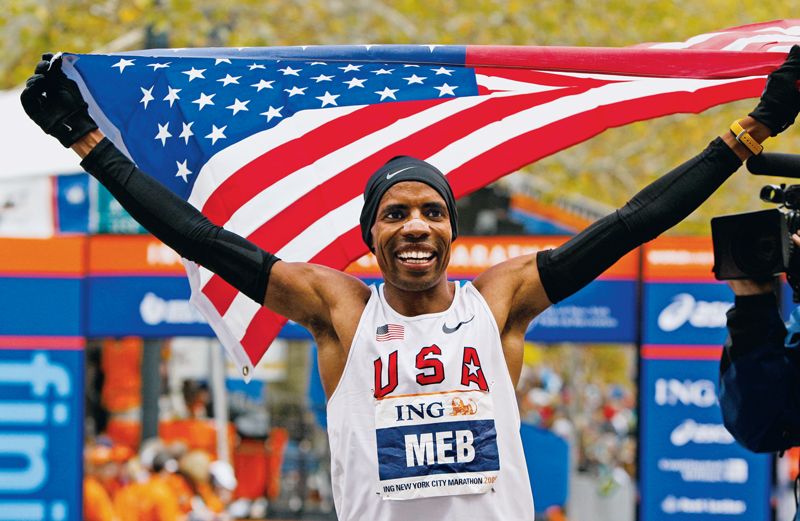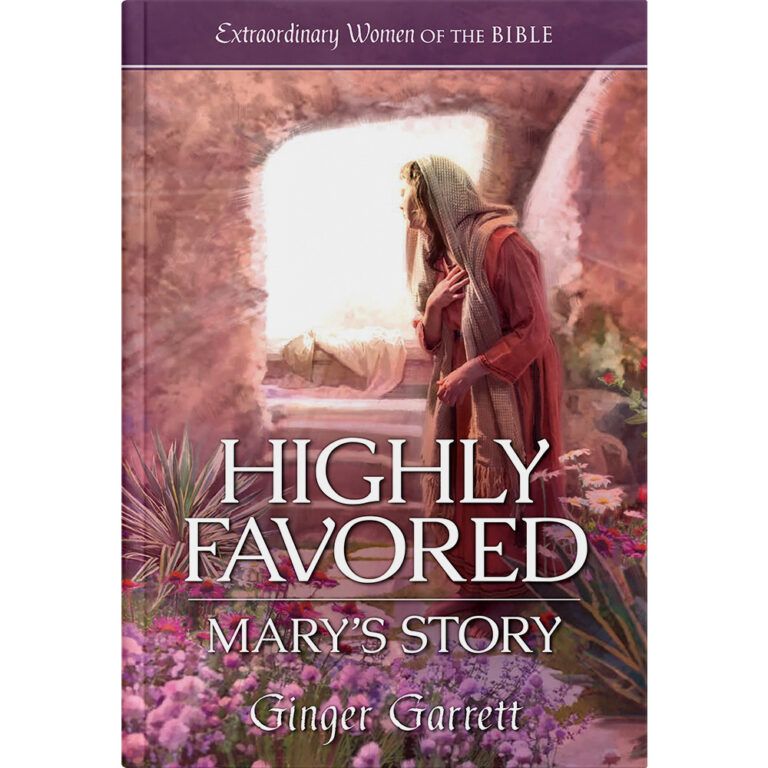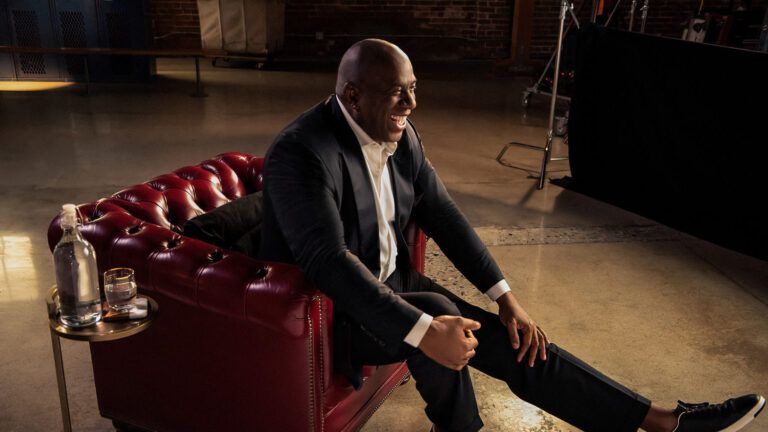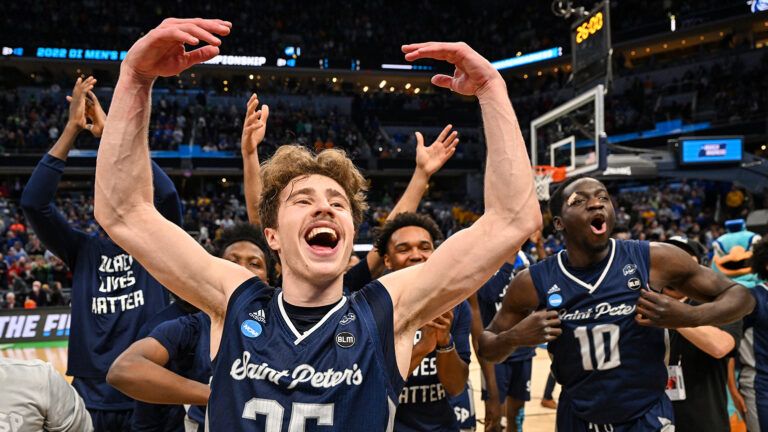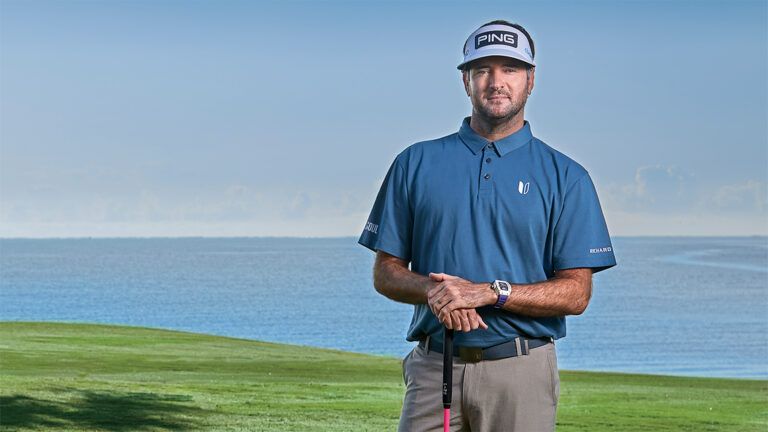I was one of the favorites to win the race that cool November day in New York City, the marathon to qualify for the U.S. Olympic team.
I’d won the silver medal in Athens, and now my sights were set on Beijing 2008. All I needed was to finish in the top three here. I got off to a good start, looping around Central Park. I was in the front of the pack, right where I wanted to be. I felt good.
READ MORE: HOW DANELL LEYVA IS CONTINUING A LEGACY
Suddenly there was pain in my calves followed by a sharp pain in my right hip. Run through it, I tried to convince myself. Ignore the pain. But it got worse. By mile 12 I knew I couldn’t win the race. If I kept going, doing the best I could, maybe I could hang on to second place.
One runner passed me. Then another. And another. By the end, guys were going by me like I was standing still. I came in eighth. No chance of making the Olympics, even as an alternate. I hobbled away from the finish line. The pain was excruciating.
A friend rushed up to me. His face looked serious, and I assumed he was worried about me. Instead he asked, “Did you hear about Ryan?” Ryan Shay was a good friend, one of my training partners. He’d been right next to me on the bus ride to the race. I shook my head.
“Ryan collapsed maybe five miles in,” he said. “A heart attack. They couldn’t do anything for him. He died.”
My mind refused to accept it. No, not Ryan. How could Ryan be dead?
He and I had trained together in Mammoth, California, with Running USA, racing through the hot dry summer, the autumn when the aspens shimmered, the winter when we raced over snow.
He was one of the strongest, toughest guys I knew. He’d just gotten married. He had so much to live for. And now…
I went to pieces. Tears came so hard I couldn’t stop them.
My friend helped me to a taxi and took me back to my hotel. The pain in my hip had grown so bad I had to crawl around my room on my hands and knees. But the emotional anguish of losing my friend, that was even worse.
My wife, Yordanos, tried to comfort me. “Meb, you don’t have to keep running. You have a college diploma. There are other things you can do.”
True, I had a degree in communications. I could find a job in that field. But I kept thinking of something my father told me when I was growing up, “God has great plans for you.”
Only God could have brought my family safely from Africa to America, only he could have given me my talent for running. Was I wrong to believe he wanted me to make something more of that gift?
READ MORE: DAGMARA WOZNIAK’S OLYMPIC JOURNEY IS THE AMERICAN DREAM
If it hadn’t been for the grace of God, I wouldn’t have been running for America, or even running at all. I might still be in the farming village where I was born in Eritrea, a small country on the horn of Africa.
We lived in a stone hut with no running water, no electricity, no TV, no phone. All my family had were a few cows, donkeys, sheep and goats. And the six of us children had the faith our parents nurtured in us.
My father had been a freedom fighter in the war against Ethiopia and it wasn’t safe for him in Eritrea. When I was five, he had to flee for his life. “How long will it be until we see you again?” my oldest brother asked. My father couldn’t answer. He hid his face, not wanting us to see him crying.
After spending two years in Sudan, he settled in Italy and found work. For five years, our only connection was the letters and gifts he sent. Shirts, sweaters, pants, shoes.
“I told the salesman how old my children are,” my dad wrote. “He thought these would be the proper sizes.” The shoes were always too big.
At last Dad saved enough money to send for us, but Italy was only a stop on our journey. Our destination was America, the land of freedom and opportunity, the country of my father’s dreams.
“It is a beautiful place,” he told us. “Everybody can go to school and get an education. You can become whatever you want to be.”
I was 12 when we arrived in San Diego, California, on October 21, 1987–a date I will never forget. A new sister had been born in Italy, so we were now a family of nine.
We crowded into a small apartment. We walked everywhere, trying to understand this new land of big cars, tall buildings and fast food.
One day my brothers and I went to the park near our apartment to play soccer. We saw dozens of kids running across the grass. A few years later I would find out it was the national high school crosscountry championships, but back then it just seemed strange to me.
What are those crazy people running for? I wondered. What are they chasing? There was no ball, like in soccer. Just a trail through the eucalyptus and palms.
What my father told us made much more sense to me. “The only way you’ll get ahead is through education,” he said. “You must work very hard and get the best grades.” An A minus or a B plus would not do. It had to be an A.
To make sure we learned English and did our homework, he woke us up at 4:30 in the morning to study. Yes, 4:30. It was the only time he had to help us between his night job cleaning offices and his day job driving a taxi.
“Switch on the light,” he said. “Time to study.” There was no argument. We sat at the kitchen table and worked until 6:45, then went off to school.
“I was not able to stay in school past seventh grade,” he told us. “I want you to go further. I want your life to be better than mine. That is every father’s dream.”
Every week in seventh grade we had races in gym class. One Friday the teacher said, “Today we’re going to do the mile. Do your best and I’ll give you an A or a B. But if you just mess around, you’ll get a D.” I had never done a mile, but I knew I had to get an A, so I ran as hard as I could.
I beat all the other boys. The teacher stared at his stopwatch. “You just ran a 5:20 mile…without any training!” he said. He called the high school coach right away and told him, “We’ve got a future Olympian here.”
That had to be part of God’s plans. It was something I never would have dreamed myself! I joined the cross-country and track teams. I won races. Senior year, I was one of those kids running at the park in the high school championship.
Bob Larsen, the track and field and cross-country coach at UCLA, gave me a full scholarship (he is still my coach today at Mammoth Track Club). I won four NCAA titles, but it wasn’t just about doing well on the track. I did well in the classroom too.
I was proud and grateful to receive my diploma in 1998, as proud and grateful as I was to become a U.S. citizen later that year.
I knew my father spoke the truth: In America, my education would take me where I needed to go, even when my legs no longer could.
Yet here I was in a New York City hotel room, nearly a decade after college, grieving the loss of my friend Ryan, nursing my battered body and wondering what I should do with my life.
I’d had an excellent career as an elite distance runner. Had the moment come when my legs could no longer carry me? Was it time to retire?
Finally I said to Yordanos, “Let’s pray.” We took each other’s hands and closed our eyes. “God, thank you for the gift of running,” I said. “I have tried to do my best with it. If it is time for me to move on, please tell me.”
I thought of the many miles I had run with Ryan, stride by stride, seeing the sunlight coming through the trees, the breathtaking mountain views. I loved getting to know a town with each step I ran through its streets and parks and woods.
Just thinking of how more of the world opens up when I’m out running–that filled me with joy, a joy that could only come from God. A joy that I wasn’t ready to give up.
I opened my eyes and looked at Yordanos. “I don’t think I’m meant to quit,” I said. “Not yet. I have to keep trying.” I believed that was what God wanted. I knew it was what Ryan would have wanted.
I needed a year of rehab and physical therapy to recover from what turned out to be a stress fracture of my hip. But eventually I was training again on the trails I’d run with Ryan.
Last fall I went back to New York for a race that would take me through Central Park, where I’d gotten the terrible news of his death. This time I was running the New York City Marathon. No American had won since Alberto Salazar in 1982.
This time an American did, a man who was born in a tiny village halfway across the world. A man who did not make his long journey alone.
He had a mother and father who taught him the power of faith and education, coaches and teachers who helped him believe in himself, good friends who trained with him, a wife who understands him in a way that goes beyond words and, most of all, a God who has boundless love for him.
That cool November day last year, I turned into Central Park with two miles to go and pulled away from my closest competitor. On the homestretch, I passed the spot where my friend Ryan fell. I said a prayer and made the sign of the cross. Then I crossed the finish line first.
Did you enjoy this story? Subscribe to Guideposts magazine.
